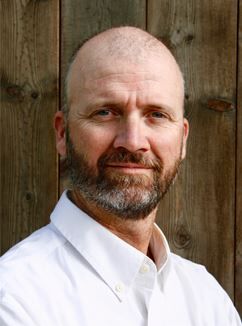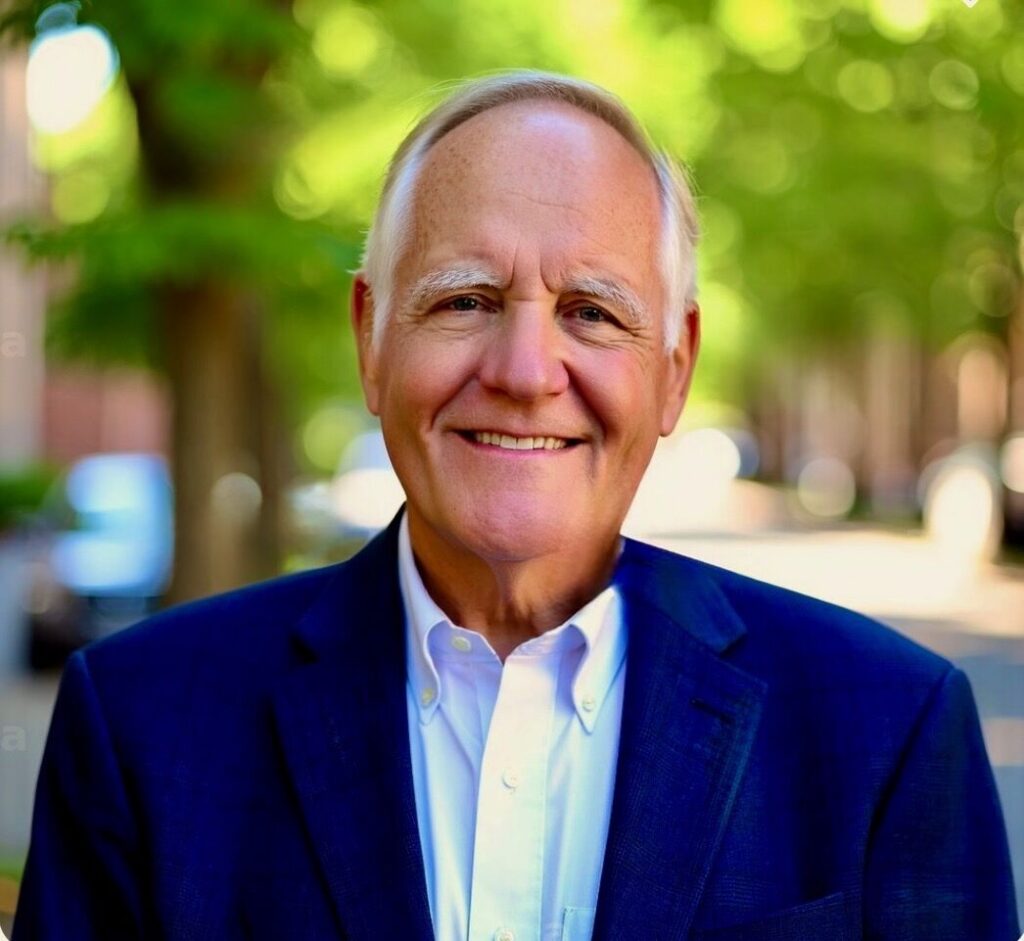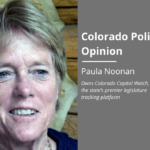Colorado’s roads are falling apart — so is the state’s grip on reality | OPINION
By Bobbie Daniel
Drive anywhere in Colorado and you’ll feel the pavement buckling under your tires, potholes rattling your suspension, and cracks creeping across the asphalt.
Nearly one-quarter of our major roads are in poor condition, putting families, businesses, and emergency responders at risk. That’s not just a statistic: it’s the sense of dread every working-class Coloradan feels when a pothole sends them to the mechanic, again. Colorado Department of Transportation (CDOT) data shows 71% of the state’s highway miles have less than 10 years of “drivability” left, and more than 800 miles are already beyond repair. The result is Colorado motorists pay between $7.1 billion and $11.4 billion annually in higher vehicle operating costs, traffic crashes and congestion-related delays. That’s $3,060 per year for each vehicle in the metro area and $1,700 in rural areas. For many families, a single repair bill can derail an entire month’s budget.
The way Colorado has treated its highway system is similar to that of a negligent homeowner. At the start, the owner builds a house and spends hundreds of thousands on the foundation, the walls and the wiring. Then years later, when the roof is leaking, the owner decides to go out back and create a garden and a hummingbird feeder instead of fixing the roof. Those things might look nice, but they won’t keep water from destroying the house.
If we don’t take care of the foundation and structure we already have, everything else will crumble. That’s why I’m closely watching Colorado Initiatives 125 and 126 — currently winding their way through the title board process — which were filed in response to growing concerns about underfunded and deteriorating road infrastructure, as well as frustration current transportation revenues are being diverted to broader, metro-area transit projects instead of roads.
The proposed constitutional amendments require all state revenue collected from vehicle-related sources — such as gas taxes, vehicle registrations, delivery fees — be spent exclusively on the construction, maintenance and operation of public roads, highways and bridges. If placed on the ballot, Colorado will vote on them in November 2026.
We have to do something. The state gas tax — our main road funding source — hasn’t been adjusted in 35 years. In that time, vehicle registrations have doubled, while per-vehicle revenue has dropped by more than half. Meanwhile, inflation has driven road construction costs up nearly 50% since 2021, cutting the value of every transportation dollar in half.
Yet, state lawmakers pulled $140 million from CDOT’s budget — including $65 million from highway funds — to help cover the state’s $1.2 billion deficit. Current funding is already $350 million less per year than necessary for CDOT to maintain existing conditions. At least $200 million of that amount is needed solely for pavement.
Additionally, these cuts are in the wake of a $5.4 billion transportation package passed four years ago that redirected, in part, new delivery fees and ride-share fees to transit. This attempt to push people out of their cars in a state where nearly 85% of commuters rely on vehicles has proven unsuccessful.
It’s time to get back to basics. Roads and bridges aren’t optional — they’re the backbone of our economy and public safety. Before spending another dollar to “change driver behavior” or chase ideological vanity projects, we need to fix the people’s house. That means repairing the roof — our roads and bridges — and protecting the investment taxpayers have already made.
My father worked in an underground coal mine — just like my grandfather before him. He drove two hours each way in a beat-up Chevy Malibu to work. If my father was driving those same roads today, repairs on that old Malibu would have been impossible to afford. For families living paycheck to paycheck, a blown tire or busted suspension isn’t an inconvenience — it’s a crisis.
People who have never lived with that kind of scarcity don’t understand what it’s like to have so little to fall back on — and then watch your own government pull the rug out from under you.
Let’s fix the roof and keep Colorado strong for generations to come.
Bobbie Daniel is a sixth-generation Colorado native serving on the Board of County Commissioners in Mesa County.












